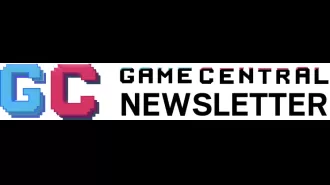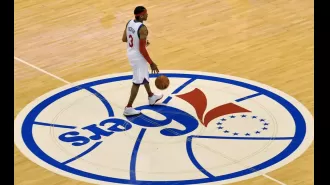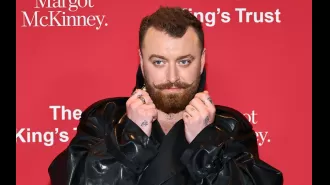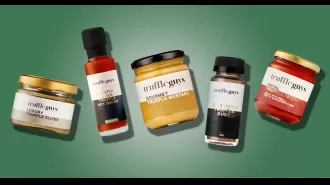Extinct creatures could potentially come back to life within the next decade.
Other animals have shorter pregnancies, so it's likely we'll see a new species before the mammoth.
October 4th 2024.
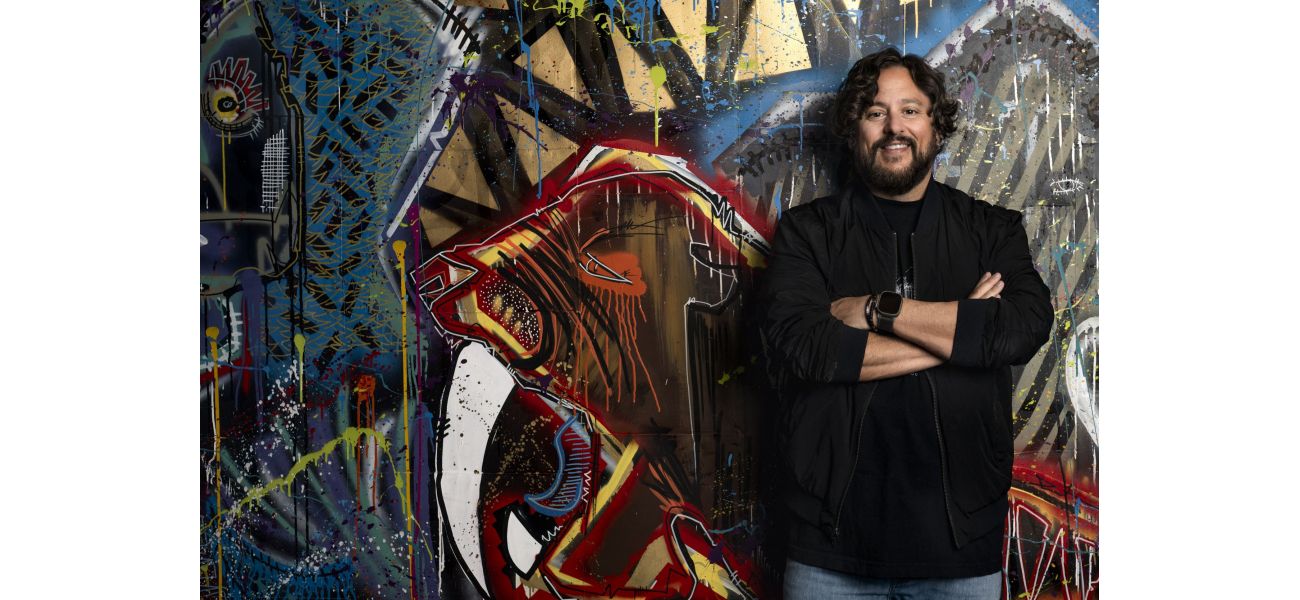
According to Ben Lamm, the CEO of the world's first "de-extinction" company, there is a strong possibility that we will see the revival of extinct species before 2028. Colossal Biosciences, a biotech start-up based in Texas, has been making significant progress in reviving the woolly mammoth, dodo, and Tasmanian tiger using gene-editing technology.
Lamm revealed that their team is actively working on all three species at the same pace, with the mammoth being the first to return in late 2028. However, he believes that the dodo and Tasmanian tiger, with their shorter gestation periods, have a higher chance of being revived before the mammoth. The Tasmanian tiger, which was declared extinct in 1982, has the shortest pregnancy period, lasting just a few weeks.
Interestingly, the dodo's closest living relative is the Nicobar pigeon, a grey bird with colorful features found in the Andaman and Nicobar Islands. As for the mammoth, it shares 99.5% of its genes with the Asian elephant, making it closer genetically than the African elephant is to the Asian elephant.
Lamm also mentioned that Colossal Biosciences has been able to raise an impressive amount of over £177 million, with support from celebrities like Chris Hemsworth, Paris Hilton, and Tony Robbins. He emphasized that their work goes beyond just de-extinction, with a focus on conservation and species preservation.
In fact, Lamm revealed that all the technologies developed for de-extinction are also made available to conservation groups. And with their recent funding of 50 million dollars for their foundation, they hope to empower scientists to use these technologies in the field and develop new ones for conservation efforts.
Lamm believes that there is a lack of funding and research and development in the field of conservation, which is why their company is committed to making a significant impact in this area. With their groundbreaking work, we may soon witness the return of long-lost species like the dodo, Tasmanian tiger, and woolly mammoth, giving us hope for a more sustainable future.
Lamm revealed that their team is actively working on all three species at the same pace, with the mammoth being the first to return in late 2028. However, he believes that the dodo and Tasmanian tiger, with their shorter gestation periods, have a higher chance of being revived before the mammoth. The Tasmanian tiger, which was declared extinct in 1982, has the shortest pregnancy period, lasting just a few weeks.
Interestingly, the dodo's closest living relative is the Nicobar pigeon, a grey bird with colorful features found in the Andaman and Nicobar Islands. As for the mammoth, it shares 99.5% of its genes with the Asian elephant, making it closer genetically than the African elephant is to the Asian elephant.
Lamm also mentioned that Colossal Biosciences has been able to raise an impressive amount of over £177 million, with support from celebrities like Chris Hemsworth, Paris Hilton, and Tony Robbins. He emphasized that their work goes beyond just de-extinction, with a focus on conservation and species preservation.
In fact, Lamm revealed that all the technologies developed for de-extinction are also made available to conservation groups. And with their recent funding of 50 million dollars for their foundation, they hope to empower scientists to use these technologies in the field and develop new ones for conservation efforts.
Lamm believes that there is a lack of funding and research and development in the field of conservation, which is why their company is committed to making a significant impact in this area. With their groundbreaking work, we may soon witness the return of long-lost species like the dodo, Tasmanian tiger, and woolly mammoth, giving us hope for a more sustainable future.
[This article has been trending online recently and has been generated with AI. Your feed is customized.]
[Generative AI is experimental.]
0
0
Submit Comment

